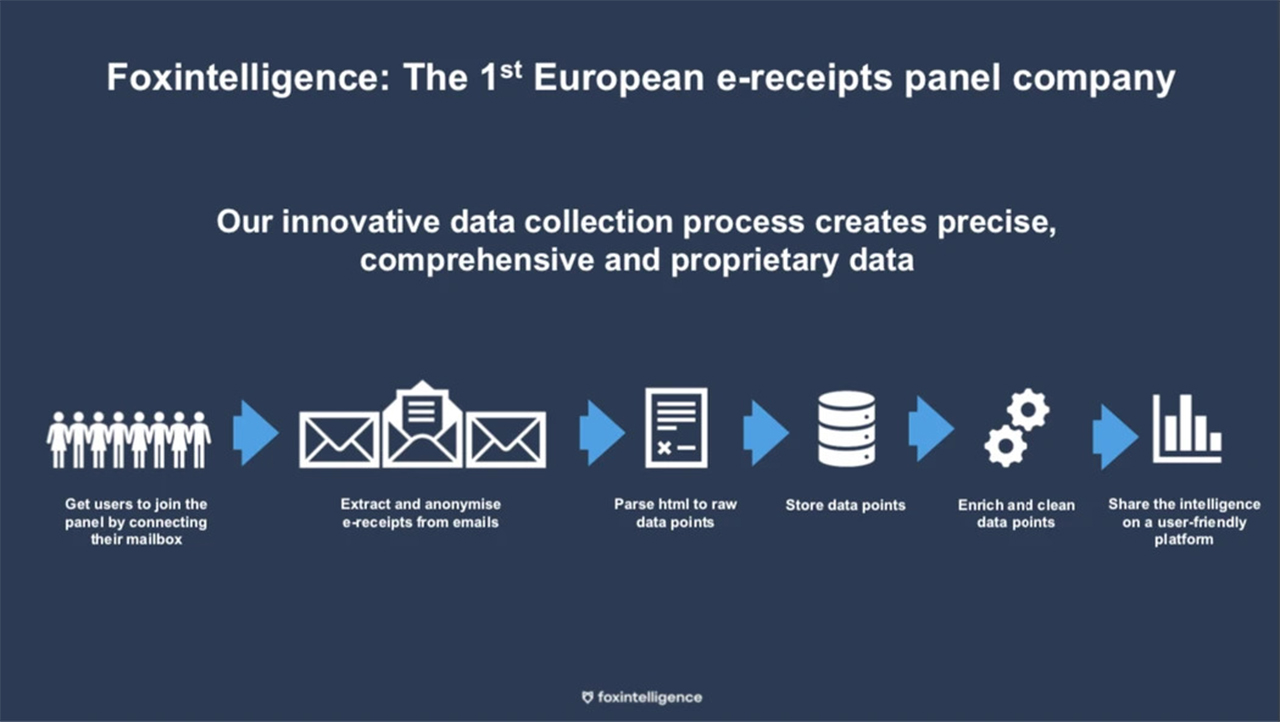
Several popular email applications, including popular Edison Mail, Cleanfox and Slice, are scraping data from your emails and selling it to companies.
Motherboard obtained several confidential documents that detail the activities of these email apps. In a lengthy report, Motherboard cited a J.P. Morgan document it obtained. That document included information about how Edison scrapes inboxes and sells products based on the information it gathers to clients. Some of those clients are in the finance, travel and e-commerce sectors.
Further, Motherboard spoke to Edison users about the scraping. Many of them said they had no idea that Edison was collecting data in that way or using it for profit. The document says that Edison provides “consumer purchase metrics including brand loyalty, wallet share, purchase preferences, etc.” Additionally, the document specifically cites the Edison email app as the source of this data.
Edison blog details how it uses email data
While Edison declined to provide comment to MobileSyrup regarding the report, it did provide a blog post that detailed how the company handles user data. In it, Edison says it “measures e-commerce through a technology that automatically recognizes commercial emails and extracts anonymous purchase information from them.” Edison then provides that data through its Edison Trends e-commerce research product.
Edison Trends “provides insights about shopping trends from aggregated and anonymized transaction data extracted with permission from our Edison Mail app users.” Further, Edison says U.S. press, including the Wall Street Journal, PCMag, Bloomberg and more use retail trend data from Trends in reporting. Edison claims Trends research was cited in over 1,500 press articles in the last three years.
In the post, Edison writes that it “puts privacy first” and that users “have complete control over how [their] information is used.” The company says it allows users to opt-out of data sharing and that doing so doesn’t impact their app experience. “We strive to be as transparent as possible about our business practices,” Edison says.
Finally, Edison says it intentionally keeps its consumer and business products under a single brand name so that users can be familiar with its business model.
“Our team at Edison also hopes that press and consumers alike will take the time to learn more about companies like us to better understand how data is being used, and which players are truly worth being wary of vs. those that are working hard to offer great products in a transparent manner, without infringing on their own user’s privacy,” the company says.
Those interested in learning more can read the full blog post here.
Some companies sell your data for as much as $100,000 USD

Presentation slide obtained by Motherboard explaining how Foxintelligence acquires users’ data.
Edison is not the only email company that participates in this practice, however. Foxintelligence’s Cleanfox app, which offers smart features that tidy up users’ email, also scrapes their inboxes. Motherboard shared a slide from a confidential Foxintelligence presentation that details how the company goes about collecting data from users’ inboxes, which you can see above.
The presentation also listed “examples of clients.” The list includes PayPal as well as consulting firms Bains & Company and McKinsey & Company. While most companies didn’t respond to Motherboard’s request for comment, European ridesharing app Bolt did. It was listed as a client under its previous name, Txfy.
Bolt told Motherboard that it used Foxintelligence for “anonymized market share data for ride-hailing services in France” and that it hasn’t used them since and is no longer a client.
Foxintelligence’s COO told Motherboard that not all the companies listed are current clients, but did not elaborate.
In an email statement sent to MobileSyrup, Foxintelligence CEO Edouard Nattée said the company “strongly rejects the recent accusations that Cleanfox sells user data to third-party companies.”
Further, Nattée said that Foxintelligence does not sell users’ personal data and instead collects anonymized data to create statistics about things like e-commerce platform turnover or the growth rate of online sales. Finally, Nattée said Cleanfox clearly details what data it collects and how it uses that data.
Additionally, Motherboard obtained a spreadsheet containing data from Rakuten’s Slice email app. The spreadsheet included data on the items users purchased, what they paid for them and a unique identification code for each buyer. The data comes from Slice’s feature that tracks packages and lets users know if a product drops in price after they buy it.
Further, an email obtained by Motherboard said that access to Rakuten’s data for one product category cost more than $100,000 USD (about $133,180 CAD).
While Rakuten did not dispute the spreadsheet data Motherboard had, it did tell the publication that it doesn’t publicly disclose its pricing or terms.
Update 02/21/2020: Added more detail regarding how Foxintelligence uses users’ data along with a statement from the company about the matter.
Source: Motherboard
MobileSyrup may earn a commission from purchases made via our links, which helps fund the journalism we provide free on our website. These links do not influence our editorial content. Support us here.


